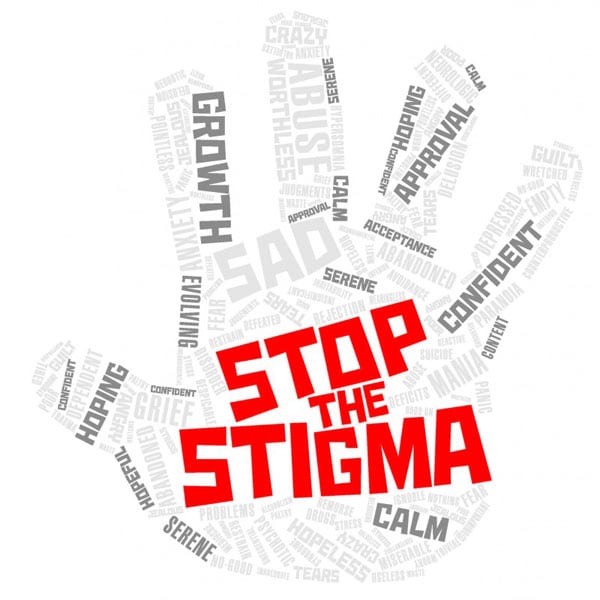
December 18, 2018; Philly Voice
As readers may recall, the Ruderman Family Foundation (Ruderman) has played an increasingly critical role in recent years identifying specific barriers to social inclusion faced by people with disabilities. This has led to a series of high profile and well-researched papers that are used by activists in the field to help inform policy change.
The latest Ruderman white paper slams Ivy League universities for their failure to comply with the Americans with Disabilities Act (ADA). One particularly egregious practice involves enforcing leaves of absence for students with mental illness rather than providing these students the support they need to stay in school. The ADA, established in 1990, is a civil rights law that at a minimum prevents discrimination against people with disabilities and at the highest level promotes inclusion. The ADA declared that places open to the public, including universities, must provide reasonable accommodations when requested. Unfortunately, numerous Ivy League students have come forth with stories of their universities not complying with the ADA by forcing involuntary leaves of absence for students experiencing mental health challenges.
In one case profiled by the white paper, a student came forward with a disability and asked for a reduced course load in lieu of a leave of absence. In fact, his own psychiatrist indicated, “An important aspect of [redacted]’s recovery is a sense of purpose.” Yet, Princeton denied this very reasonable accommodation request, indicating that the accommodation would “fundamentally alter the nature of Princeton’s education.” In response to such cases, the white paper examined Ivy League policies regarding leaves of absence.
Importantly, Ruderman examined Ivy League universities in the context of their status as elite institutions. As leaders in higher education, they often serve as models for other universities and thus influence higher education in general.
Sign up for our free newsletters
Subscribe to NPQ's newsletters to have our top stories delivered directly to your inbox.
By signing up, you agree to our privacy policy and terms of use, and to receive messages from NPQ and our partners.
Ruderman evaluated the eight Ivy League universities’ leave of absence policies based on three criteria: transparency, support, and inclusion. The results were dismal. All eight of the universities examined received failing scores, with the highest being a D+ from the University of Pennsylvania. For more information about the scores and how they were calculated, please refer to the white paper.
Higher education has often acted in ways that harm students with disabilities. In 2014, NPQ reported that lobbyists for the American Council on Education opposed the Technology Equality and Accessibility in College and Higher Education (TEACH) Act, even though the legislation would increase “accessibility for persons with disabilities” and “enhance learning through a more diverse student body and roster of teachers.”
The Ruderman white paper comes at a time when mental health challenges among college students are receiving more attention. The American College Health Association reported that in 2017, “40 percent of college students had felt so depressed it was hard to get to class, spend time with friends, or even perform basic functions at some point in the last year.” College mental health counselors face huge waiting lists with few resources. Unable to receive necessary support, students have gone off-campus for support or have formed groups, like CogWell at the University of Pennsylvania, to help students cope and offer peer support. This white paper aims to push Ivy League Schools to look again at one exclusionary policy, but we might assume that it could help surface a fuller range of issues present.
Readers interested in other related white papers from Ruderman can access them here.—Sheela Nimishakavi











